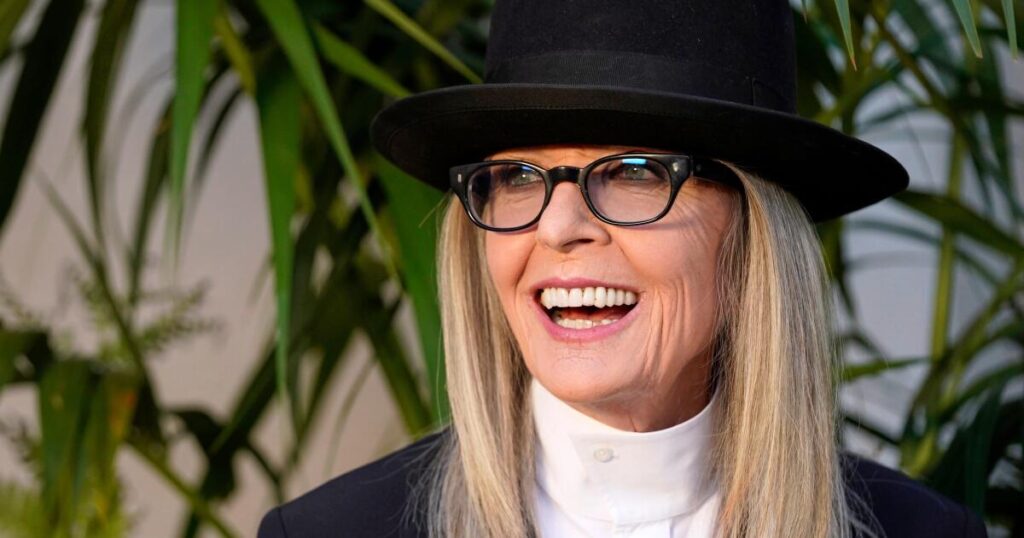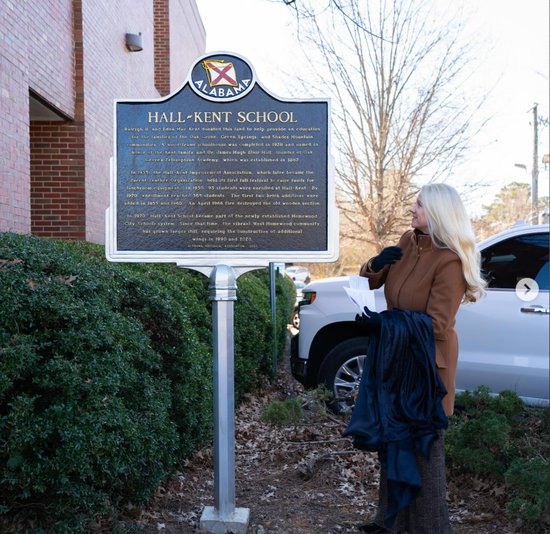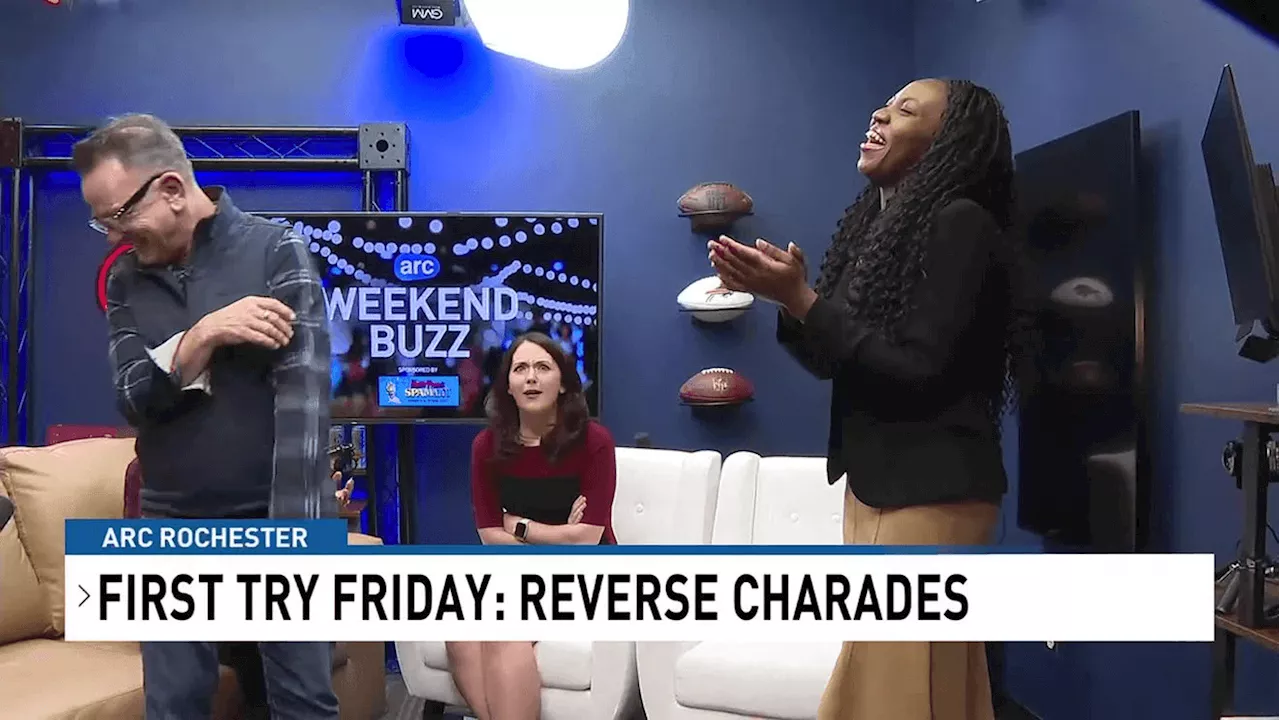
Following the passing of Diane Keaton on October 11, 2023, the entertainment industry is reflecting on her groundbreaking contributions. While many tributes highlight her iconic performances, particularly her Oscar-winning role in Annie Hall, Keaton’s legacy extends beyond her filmography. She stood as a powerful advocate, demonstrating that women’s narratives do not fade with age.
Redefining Women’s Roles in Hollywood
Throughout her career, Diane Keaton challenged the Hollywood status quo regarding the portrayal of older women. From her memorable performance as Kay Adams in The Godfather (1972) to her role in Book Club (2018), she consistently showcased the complexities of women’s lives at every stage. Keaton’s characters often revealed the struggles women face in patriarchal environments, embodying the resilience and strength that resonate with audiences.
In The Godfather, Keaton portrayed a woman navigating the shadows of a male-dominated world. Her character’s journey served as a warning against losing one’s voice and identity—a sentiment that struck a chord with many, including those from traditional backgrounds. As a young viewer, it was a stark realization; the fear of becoming someone who suppresses her own needs was palpable.
The release of Annie Hall in 1977 marked a significant turning point. Keaton’s character, Annie, broke the mold by embracing authenticity. With her quirky fashion choices and unapologetic personality, she redefined beauty standards, proving that true appeal lies in being oneself. The film became a cultural touchstone, inspiring generations of women to embrace their individuality.
A Trailblazer for Older Women in Film
Keaton continued to defy age-related stereotypes with her role in Something’s Gotta Give (2003), where she starred at the age of 57. This film grossed an impressive $265 million worldwide, highlighting that audiences are eager for stories centered on older women’s experiences. By portraying a woman rediscovering love and desire, Keaton sent a powerful message: reinvention and passion do not cease after menopause.
Even at 72, Keaton starred in Book Club, reinforcing the notion that women seek adventure and connection regardless of age. Her performances consistently conveyed that women’s stories are rich and evolving, rather than ending at a certain point.
Despite her achievements, the film industry remains notoriously unkind to women over 40. Keaton’s decision to embrace her natural appearance, including visible wrinkles, became a statement of empowerment. Her presence challenged industry norms, illustrating that authenticity holds its own power.
Diane Keaton’s influence is undeniable. Over five decades, she has shown that women’s stories are not only relevant but vital. Her ability to evolve while remaining true to herself has inspired countless women to do the same. In a world where narratives often diminish with age, Keaton’s legacy will continue to inspire future generations to embrace their own journeys.







